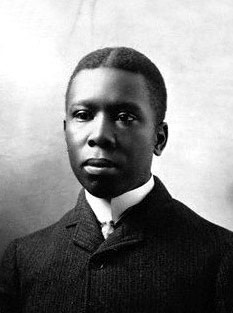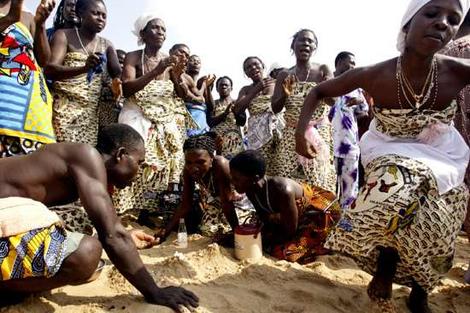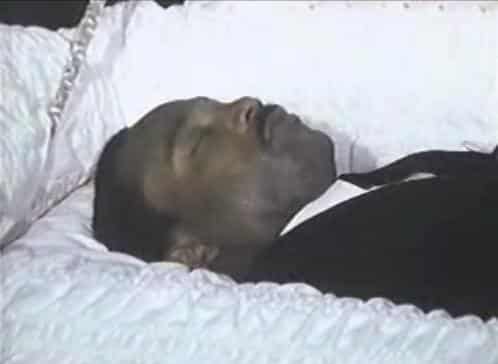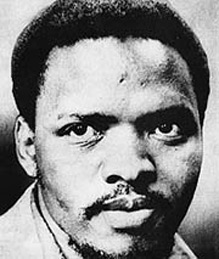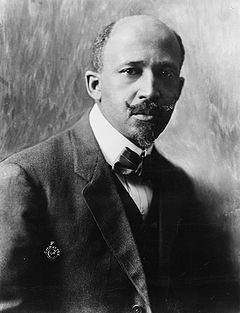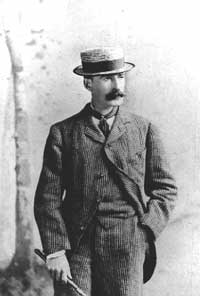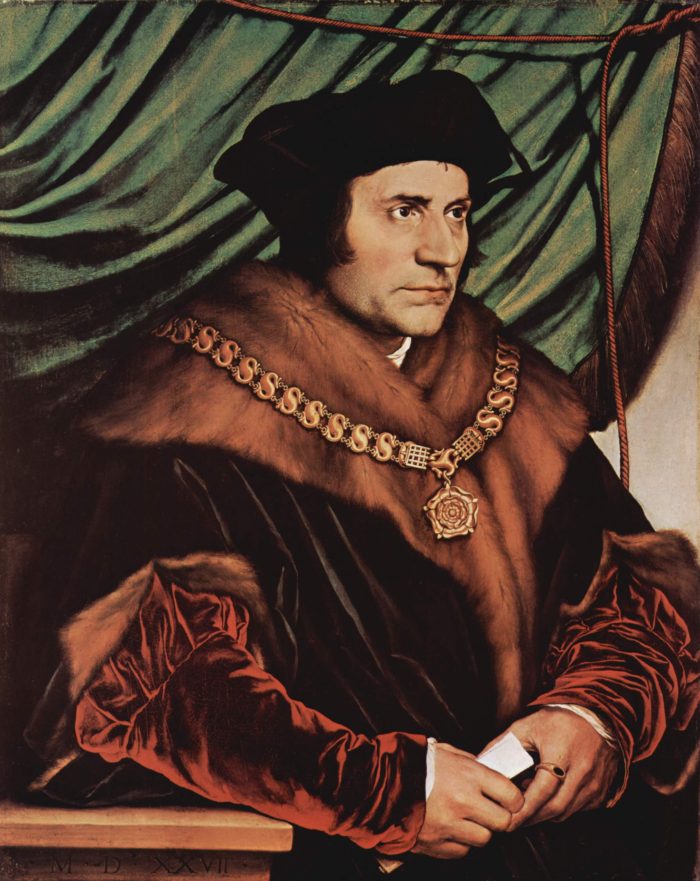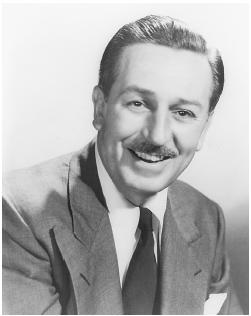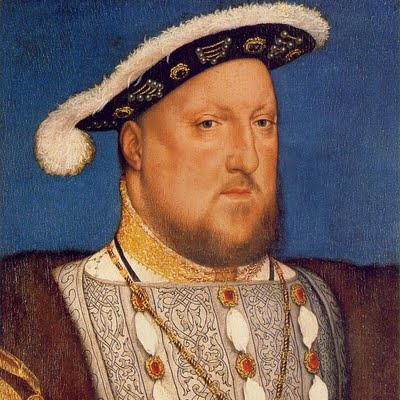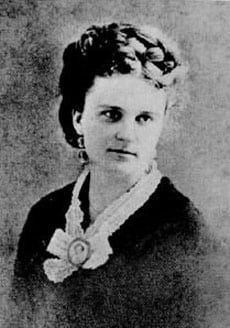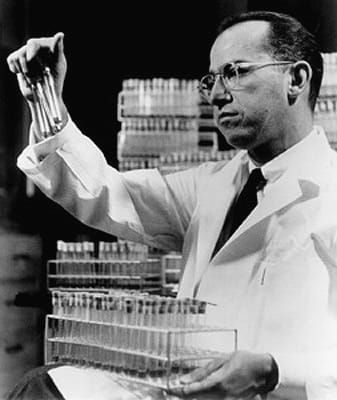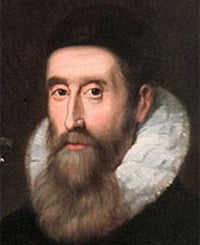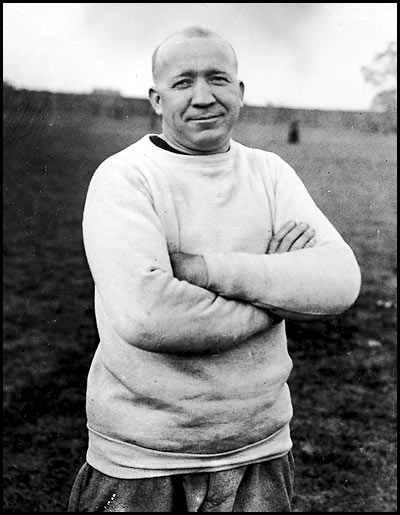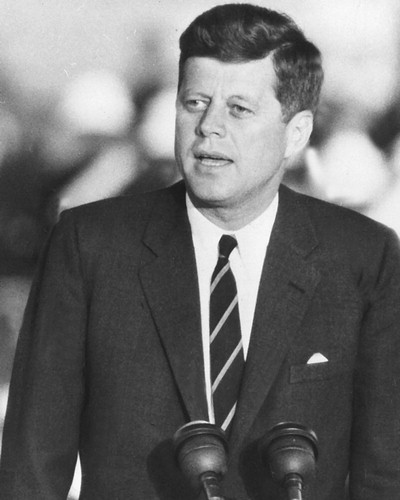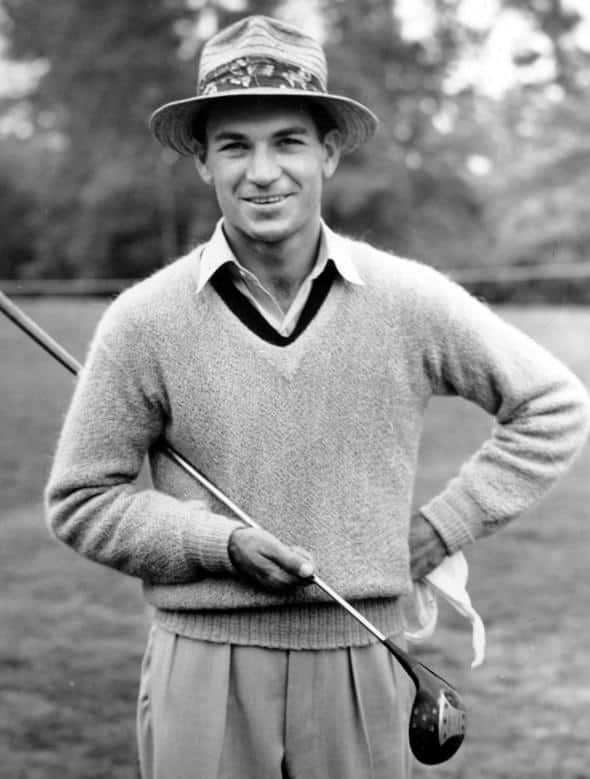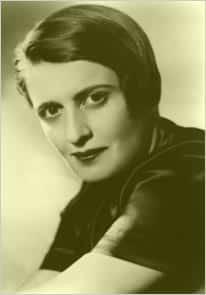William completed his Bachelor of Science and Master of Arts in 2013. He current serves as a lecturer, tutor and freelance writer. In his spare time, he enjoys reading, walking his dog and parasailing.
Article last reviewed: 2022 | St. Rosemary Institution © 2010-2025 | Creative Commons 4.0
Paul Laurence Dunbar attended grade schools and Central High School in Dayton, Ohio. He was editor of the High School Times and president of Philomathean Literary Society in his senior year. Despite Dunbar’s growing reputation in the then small town of Dayton, writing jobs were closed to black applicants and the money to further his…
The protagonist in WHITE LILACS is Rose Lee Jefferson. The antagonist in WHITE LILACS is the whole white community except Catherine Jane and Emily Frith. In WHITE LILACS the main conflict is whether the black community in Dillon, Texas will have to move to another place against their will. The secondary conflicts are: Rose Lee…
Handy was an American black composer and compiler of “BLUES” music. He was born in Florence, Alabama. He was educated at the Negro Agricultural and Mechanical College near Huntsville, Alabama. He was the son of former slaves. He was educated in the public schools and by his father and paternal grandfather, both of whom were…
Fon is spoken by over half the people of Benin and it is the mother tongue of voodoo. In Fon the root word for voodoo is vodoun that means spirit or god. Voodoo had its origins over 350 years ago in West Africa. In fact Allada, a small town in Benin, is often called the…
Steve Delsohn’s, The Emmitt Zone, was a fascinating book. It gave insight into the life of an NFL player, as well as to the life of Emmitt Smith. It was a non-fiction book. Telling of Emmitts life ever since he was big enough to hold a football, to the present day. Emmitt Smith came from…
“One of the world’s best known advocates of non-violent social change strategies, Martin Luther King, Jr. synthesized ideas drawn from many different cultural traditions.” (Carson 1). However, these protest strategies only furthered racial segregation, resulting in the eventual death of King. Michael King, who was later known as Martin Luther King, Jr. was born January…
Stephen Biko is known internationally as the founder of the South African Students’ Organization (SASO), and a leading force in the South Africa Black Consciousness movement. He fought against the separation between black and whites, called apartheid (the Afrikaans term for separateness). His childhood experiences and character, lead him to become a powerful leader. Steve…
William Edward Burghardt Du Bois was born three years following the Civil War, on February 23, 1868, in Great Barrington, Massachusetts. His paternal side was French, settling in America in 1674 and, the Burghardts’, his maternal side, were descendants of slaves who fought in the Civil War. William’ father died when he was a child…
Winslow Homer is said to be one of the greatest and most recognized artists of the 19th century. Homer has certainly earned his rightful place in the history of American art as well as a place in the history of American Culture. Winslow Homer was born in Boston to a well- established New England family. …
Thomas More’s use of dialogue in “Utopia” is not only practical but masterly laid out as well. The text itself is divided into two parts. The first, called “Book One”, describes the English society of the fifteenth century with such perfection that it shows many complex sides of the interpreted structure with such clarity and…
Walt Disney was one of the famous motion-picture producers in history. He first became known in the 1920’s and 1930’s for creating such cartoon film characters as Mickey Mouse and Donald Duck. He later produced feature length cartoon films, movies about wild animals in their natural surroundings, and films starring human actors. Disney won 32…
Henry VIII (born 1491, ruled 1509-1547). The second son of Henry VII and Elizabeth of York was one of England’s strongest and least popular monarchs. He was born at Greenwich on June 28, 1491. The first English ruler to be educated under the influence of the Renaissance, he was a gifted scholar, linguist, composer, and…
Kate Chopin was an American author who lived during the nineteenth century, but because of The Awakening, a novel which was considered scandalous at the time, she has just recently been “…accepted into the canon of major American writers”(Trosky 105). Through Kate Chopin’s main character of The Awakening, Edna Pontellier, she is able to portray…
Jonas Edward Salk was born to Polish-Jewish immigrants, Daniel B. and Dora Salk, on October 28, 1914. Dr. Salk was born in upper Manhattan, but then moved to the Bronx where he went to school. “His first spoken words were, ‘Dirt, dirt,’ instead of the conventional, uninspired ‘No, no’ or ‘Momma.’ He was a responsive…
John Napier was a Scottish Mathematician who was born in Merchiston Castle in Edinburgh in the year 1550. He briefly attended St. Andrew’s University, but for some unknown reason, left without obtaining a degree, which didn’t seem to have any relevance to him. He returned home in 1571 as a scholar competent in Greek. He…
Knute Kenneth Rockne was born on March 4, 1888 in Voss, Norway. He first moved to Chicago at the age of 5. Nobody liked him there, and he was in many fights. Before football or even baseball, Knute discovered skiing. He loved it, and went skiing every chance he got during the winter. Knute was…
John Lennon was a great song writer and musician. He played the rhythm guitar, the piano, and sang. He was in the most popular group in the history of rock music. In 1959, John founded this group, called The Beatles. The original Beatles were John Lennon, Paul McCartney, George Harrison, and Pete Best. Brian Epstein…
John F. Kennedy graduated from Harvard in 1940, and soon after he entered the Navy. In 1943, when his PT boat was rammed and sunk by a Japanese destroyer, Kennedy, despite serious injuries, led the survivors through perilous waters to safety. Back from the war, he became a Democratic Congressman from the Boston area, advancing…
Throughout his life Mr. Hogan overcame a very traumatic childhood, recovered from a nearly fatal head-on collision with a bus and built a golf equipment empire. Ben Hogan was born in a small town in Texas called Dublin. He was one of three children. When Ben was only six years old he witnessed his father…
The woman who would become Ayn Rand was born Alice Rosenbaum on February 2, 1905. (Branden, Barbara pg.3 1986). She was born during the eleventh year of Nicholas II’s reign in Russia.(Baker pg.1 1987). Rand’s birth was just before a revolution in Russia, however this revolution was put down by her first year.(Branden, Barbara pg.3…

